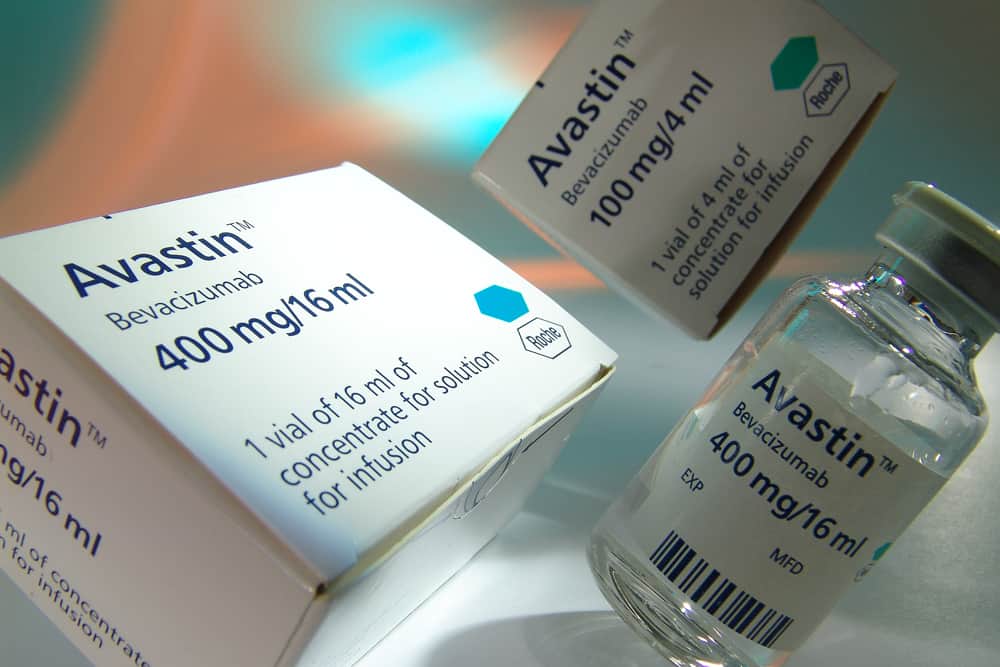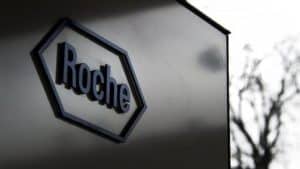
Avastin as effective as Lucentis in eye disease
pharmafile | May 4, 2011 | News story | Research and Development | Lucentis, avastin, off label, wet AMD
Roche’s cancer drug Avastin is as effective at treating wet AMD as Novartis’ Lucentis, which is licensed for the eye disease, according to a study funded by the US government.
The highly unusual trial pitted Lucentis (ranibizumab) against the off-label use of Avastin (bevacizumab) in a head-to-head trial for wet age-related macular degeneration, the leading cause of blindness in the over fifties.
Published in the New England Journal of Medicine the study found Roche’s cancer drug, which costs a fraction of Novartis’ drug, had comparable efficacy in improving vision compared to Lucentis.
Novartis quickly came out against the study, saying Avastin isn’t licenced to treat wet AMD and shouldn’t be used for the disease.
The drugs are chemically similar but Lucentis, which made over $1.53 billion for Novartis last year, is a different compound from Avastin and requires different methods of manufacture and design.
Cost ‘shouldn’t influence doctors’
In the US Lucentis costs $2,000 per dose but Avastin costs far less at $50 a dose, prompting many ophthalmologists to prescribe Avastin off-label.
But Novartis spokeswoman Sophia Hosseini told Pharmafocus that cost shouldn’t influence prescribing decisions, and said that as Avastin had not been tested for safety or efficacy by a regulatory body for wet AMD it could be harmful for patients.
The NEJM study did in fact show a higher number of adverse events in the Avastin arm of the trial.
The study’s investigators believe this could be down to chance, but are currently undertaking a second comparative trial to assess the cause of these events.
The trial was funded the National Eye Institute, a US government body, as neither Novartis nor Roche offered to fund the trial.
Hosseini said Novartis would not look to conduct such a trial because it would be a ‘highly unusual’ course of action, given that Avastin is not licenced to treat wet AMD.
Off-label use in the UK
In April UK doctors’ regulator the General Medical Council launched a consultation aiming to clarify its rules on off-label drug use.
Many doctors are concerned about being sued by pharmaceutical companies for not sticking to licenced drugs – this includes ophthalmologists who are worried that prescribing Avastin off-label could land them in hot water with Novartis.
Hosseini said Novartis would be responding to the consultation through UK pharma industry body the ABPI later this month and would look to address these issues.
She said she understood the NHS was under considerable financial pressure and that this was pushing health bodies and doctors to use unlicenced drugs, but she thought that making ‘short-term’ savings by using Avastin off label was ‘rash’, especially when there were ongoing safety concerns.
Roche not looking for new Avastin licence
Roche declined to comment on the off-label use of Avastin, but said it is not looking to extend its drug’s licenced indications into wet AMD.
The company is also the licence holder for Lucentis in the US, where its subsidiary Genentech originally developed the drug alongside Avastin, and so would be undercutting its own drug if it did gain an additional licence for Avastin.
If Avastin can be shown to be equally effective and safe as Lucentis, this could allow for its official use in wet AMD, although how this would happen without Roche’s consent remains a grey area.
Ben Adams
Related Content

Novartis’ Lucentis secures European approval for infants with rare eye disease
Novartis has made the surprise announcement that its VEGF inhibitor Lucentis (ranibizumab) has been awarded …

Roche withdraws Tecentriq combo application in first-line renal cell carcinoma
The EMA has revealed that Roche has chosen to withdraw its marketing application for immunotherapy …

Roche’s eye drug beats Lucentis at Phase 2 in wet age-related macular degeneration
Roche has revealed positive new Phase 2 data for faricimab (RG7716) in the treatment of …








